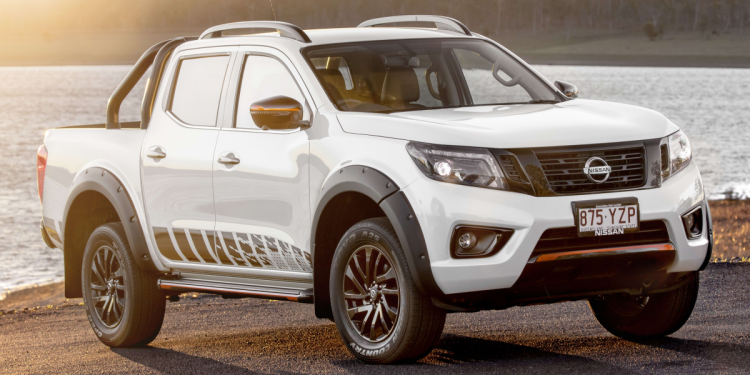Carmaker Nissan Motor Co is planning to cement its presence in Africa by setting up new bases as well as launching new models for the continent. The Japanese automaker is looking to set up plants in Kenya and Ghana, focusing on high-end growth markets to soften the blow of the ongoing COVID-19 crisis.
A Reuters report shows that the company plans to make Africa its center for Light Commercial Vehicles, looking to export its Navara Pick-ups. Last year, Nissan announced plans to spend $174 million on the Navara alone.
Shinkichi Izumi, the company’s Managing Director in South Africa, revealed that the company will launch seven new models in Africa over the next two years. Four of the new models will be in the Sports Utility Vehicle (SUV) category.
We are going to locally produce the new Navara model and we are also looking at export
Guillaume Cartier, Nissan Chairperson for Africa, Middle East India.
In April 2018, Nissan announced similar plans to set up a KSh 2 billion ($ 2 million) assembling plant in Kenya, starting as an SKD assembler. However, the company halted the plans later in the year because of a change in strategy, shelving the idea for the future.
Elsewhere, the company will begin production of the Navara in South Africa in January 2021, focusing on single and double-cabs. The company first announced plans to launch the vehicle in 2019. South Africa’s Business Day reports that the Navara investment will create 400 jobs at Nissan South Africa, and 800 others at components’ suppliers.
Nissan Entrance to Further Boost the Local Automotive Industry
Nissan’s Competitor Toyota started assembling the Toyota Hilux pickups in Kenya in October last year. This move positioned Toyota to access preferential treatment when the government procures motor vehicles, giving priority to firms with assembly plants in the country. Similarly, Renault Trucks opened an assembly plant for its K-Range heavy-duty trucks in Thika, looking to establish its presence in East Africa.
Other car manufacturers with presence in Kenya include Beiqi Foton, and Volvo.
Kenya is working on policy initiatives to discourage car imports and encourage local assembling. In the first ten months of 2019, Kenya assembled 6,307 units.




